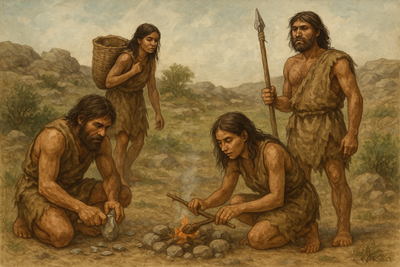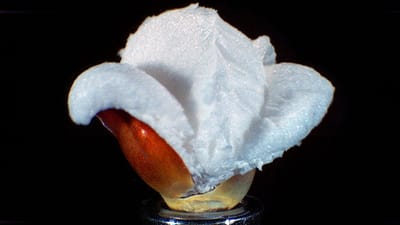Curious minds: Marie Curie and her Radiant Curiosity
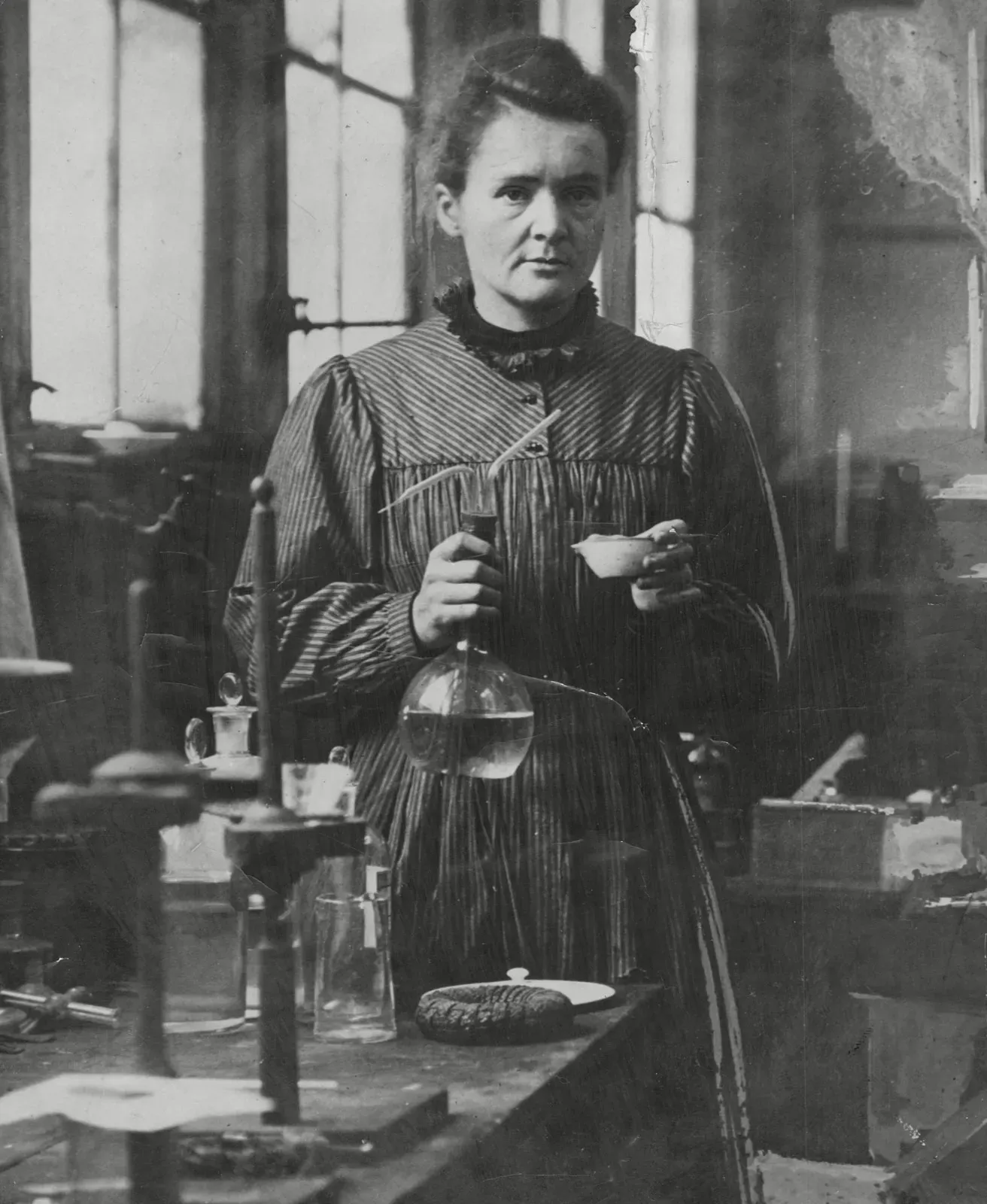
The transformative power of curiosity
So, we've been discussing curiosity and its significance. But is curiosity truly as influential as it seems? I firmly contend that, when harnessed effectively, curiosity becomes a remarkable superpower attainable by all. It emerges as a transformative force capable of turning problems into opportunities, offering us the chance to glean insights from the present while also envisioning what lies ahead.
Indeed, curiosity is the conduit through which we can navigate the complexities of our world, uncovering hidden gems of knowledge and innovation. It provides us with the invaluable ability to explore the uncharted territories of our minds and the vast expanse of human potential. Curiosity empowers us to break free from the confines of the known and venture into the realm of the unknown.
In this series, I delve into the lives of those whose relentless curiosity led to extraordinary achievements. These are the thinkers, dreamers, and pioneers who refused to accept limits and instead asked, "What if?"
Today we begin with Marie Curie.
Meet Marie Curie
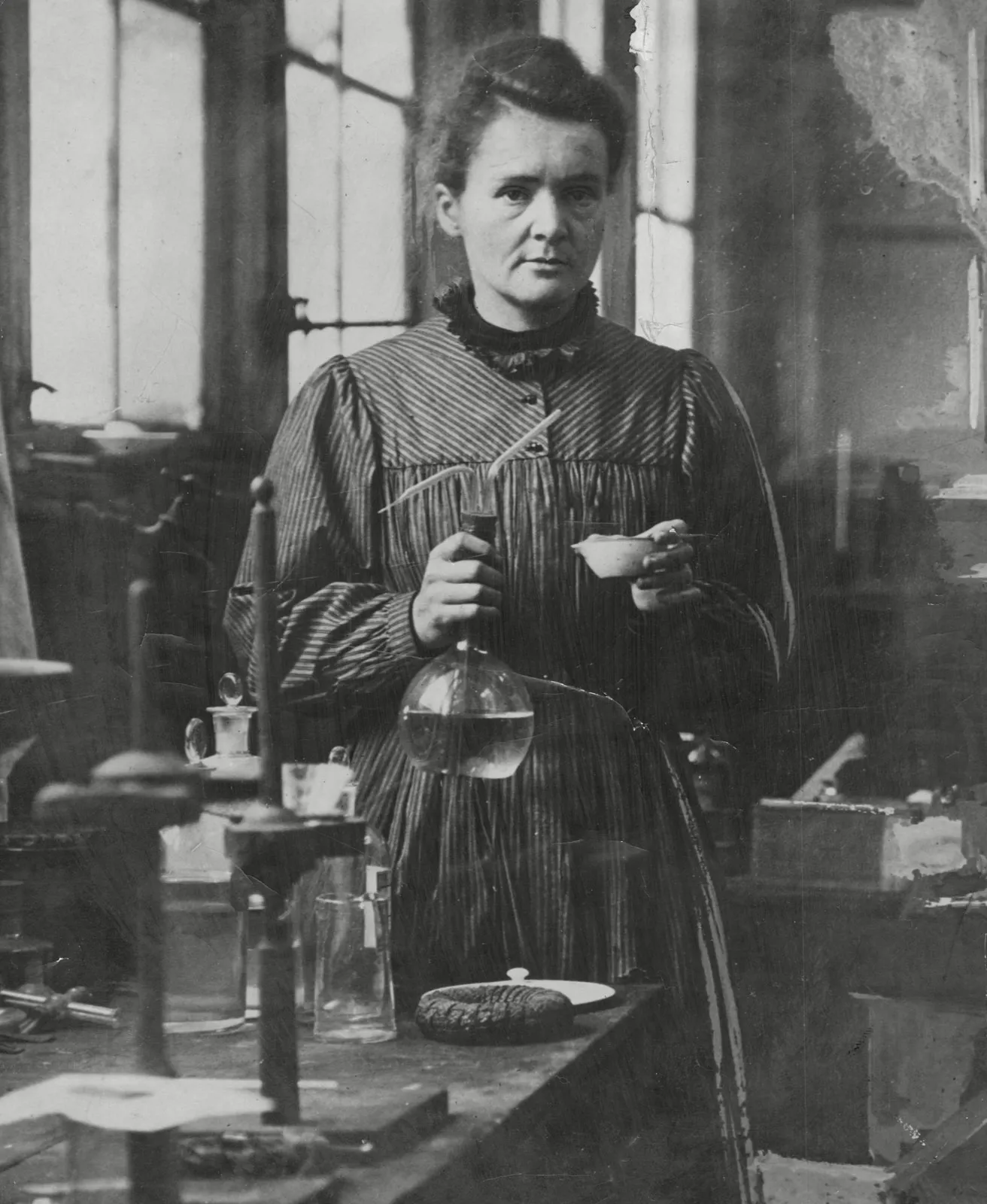
Marie Curie (1867-1934), a physicist and chemist of Polish origin, left an indelible mark on the scientific world with her groundbreaking discoveries in the late 19th and early 20th centuries.
Born Maria Skłodowska in 1867 in Warsaw, Poland, she overcame numerous obstacles to pursue her passion for science. Denied access to higher education in her homeland due to her gender, Marie moved to Paris, where she enrolled at the Sorbonne University. In Paris, Marie met Pierre Curie, a fellow scientist, and their collaboration would change the course of scientific history. Together, they embarked on a journey of discovery, driven by an insatiable curiosity about the natural world. Their research focused on the mysterious rays emitted by uranium, which had intrigued scientists for decades.
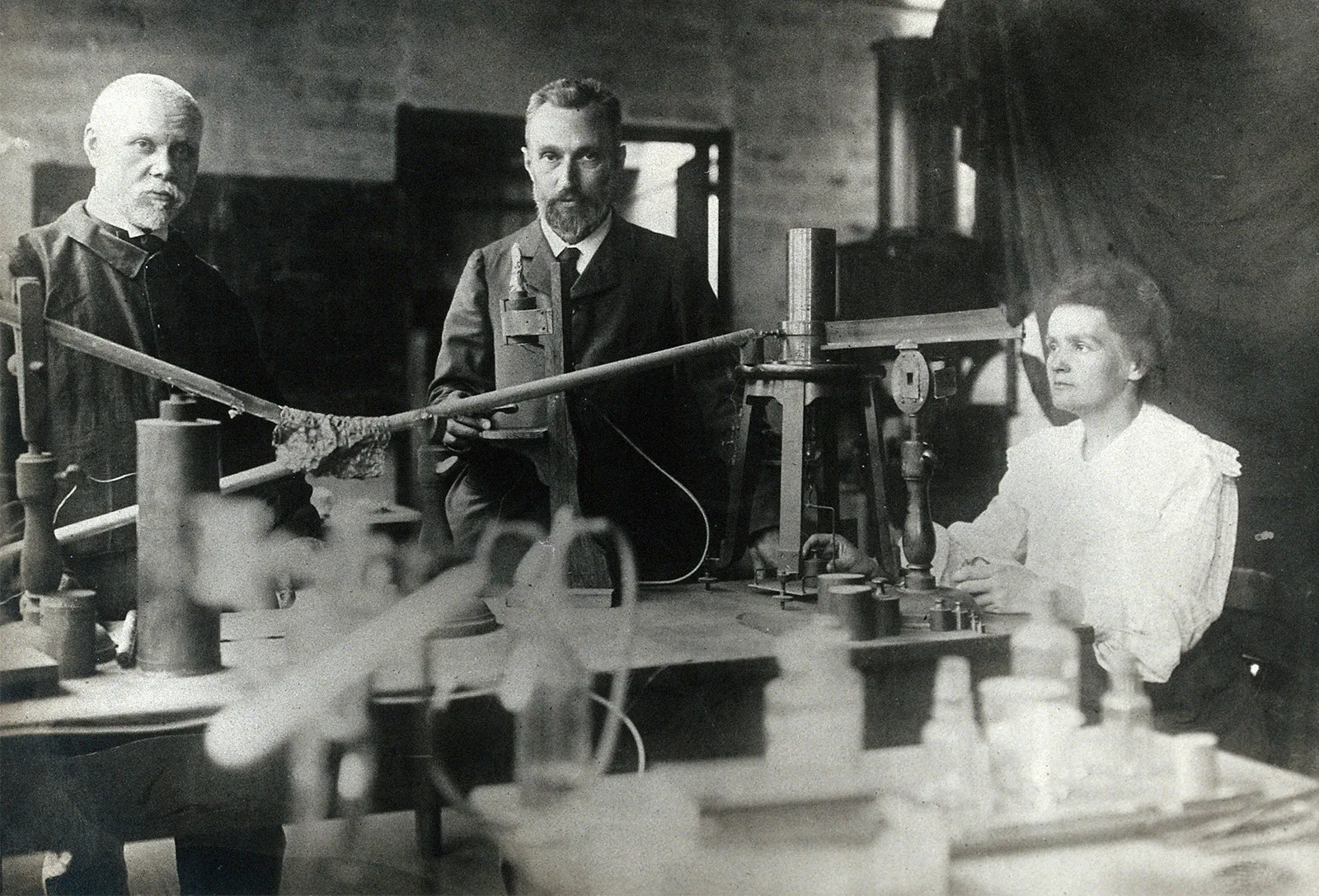
Through meticulous experiments conducted in makeshift laboratories, Marie and Pierre made a series of groundbreaking discoveries. In 1898, they coined the term "radioactivity" to describe the phenomenon they observed, demonstrating that certain elements spontaneously emit radiation. Their work led to the isolation of two new elements, polonium and radium, from pitchblende ore, marking the birth of a new era in chemistry.
Despite facing numerous challenges, including limited resources and health risks from exposure to radioactive materials, Marie's dedication to her research never wavered. In 1903, she and Pierre were awarded the Nobel Prize in Physics for their pioneering work on radioactivity, making Marie the first woman to receive the prestigious award.
Tragically, Pierre Curie died in a tragic accident in 1906, leaving Marie to continue their work alone. Undeterred, she forged ahead, becoming the first woman to serve as a professor at the Sorbonne and continuing her groundbreaking research in radioactivity. In 1911, Marie received her second Nobel Prize, this time in Chemistry, in recognition of her discovery of radium and polonium. Her achievements not only revolutionized our understanding of matter and energy but also laid the foundation for advancements in medical treatments like radiotherapy, which have saved countless lives.
Marie Curie's legacy extends far beyond her scientific achievements. She shattered gender barriers in the male-dominated field of science, paving the way for future generations of women to pursue careers in STEM. Her story serves as a testament to the power of curiosity, perseverance, and determination, inspiring scientists around the world to explore the unknown and push the boundaries of human knowledge.
What we can learn from her
Curiosity is the key to discovery
She questioned the unknown and pursued answers, leading to the discovery of radioactivity.
Lesson: Curiosity isn’t just wondering. It’s actively seeking answers through exploration and experimentation.
Courage fuels curiosity
She defied gender barriers, entered a male-dominated field, and revolutionized science.
Lesson: True curiosity requires the courage to challenge norms and push beyond societal expectations.
Persistence turns curiosity into breakthroughs
Years of meticulous research, despite setbacks and health risks, led to groundbreaking discoveries.
Lesson: Curiosity isn’t a passing thought. It’s a relentless pursuit that demands resilience.
Curiosity thrives in collaboration
Her partnership with Pierre Curie and the broader scientific community amplified her impact.
Lesson: Sharing ideas and working together can transform curiosity into world-changing innovation.

